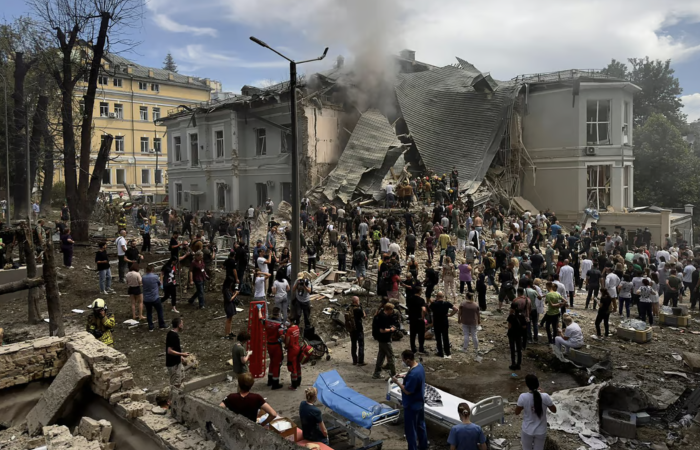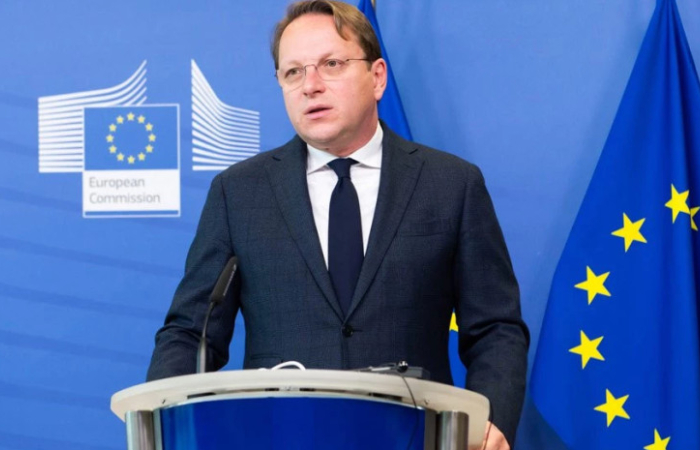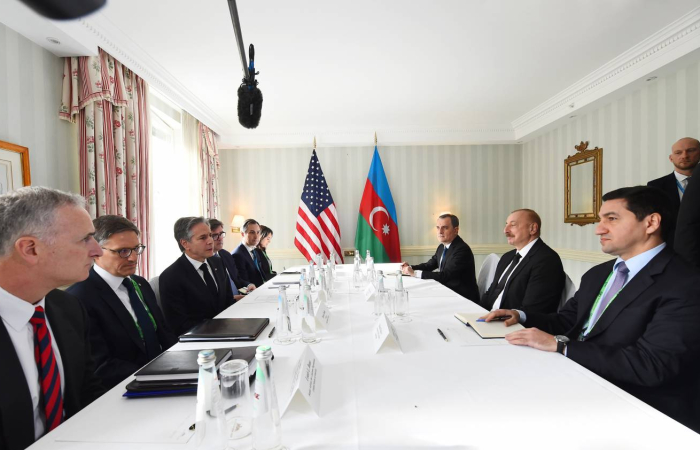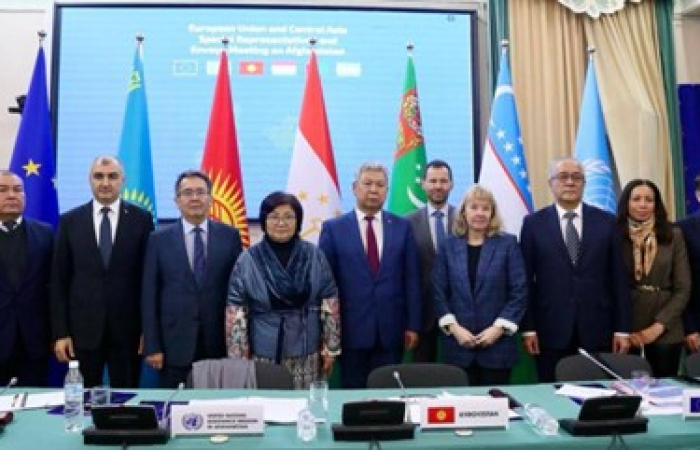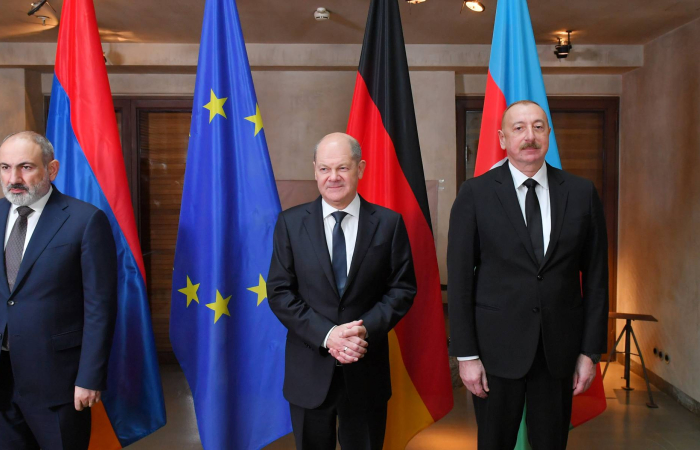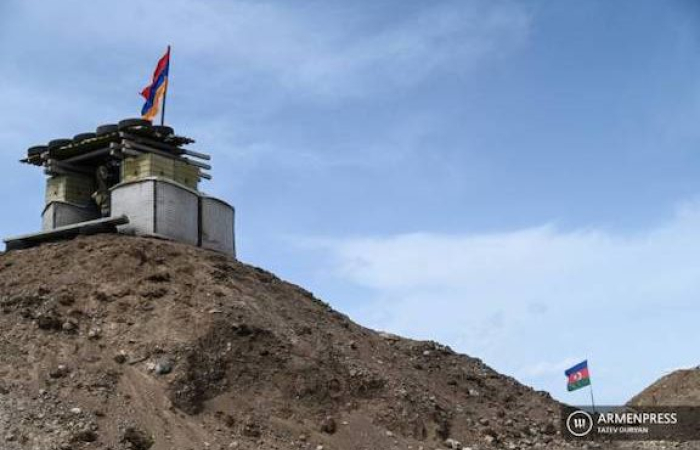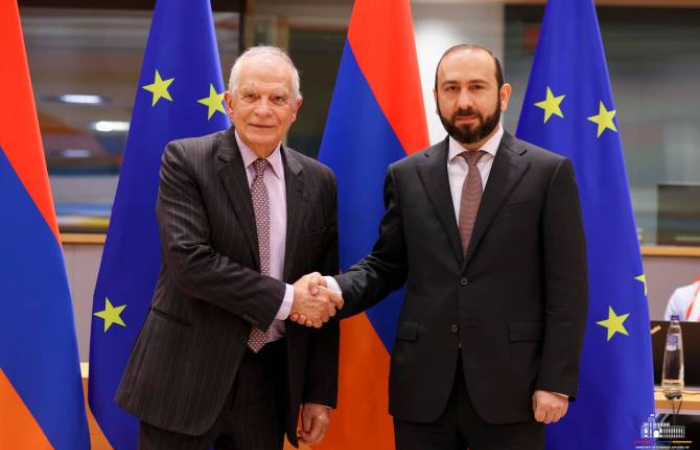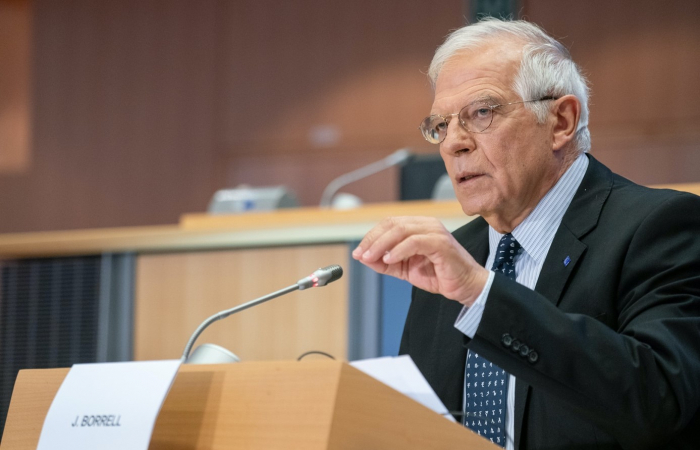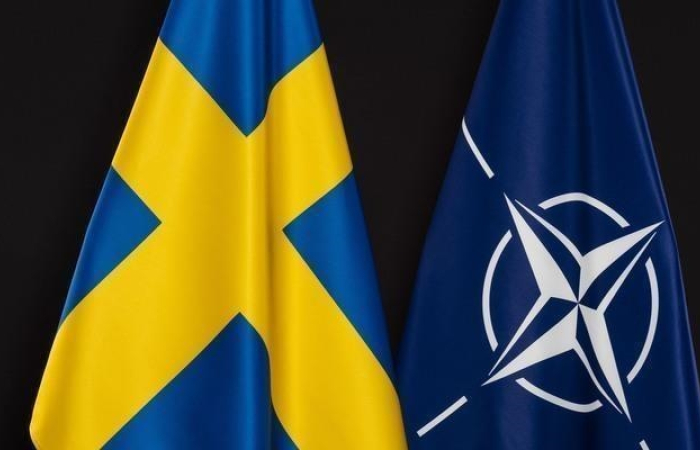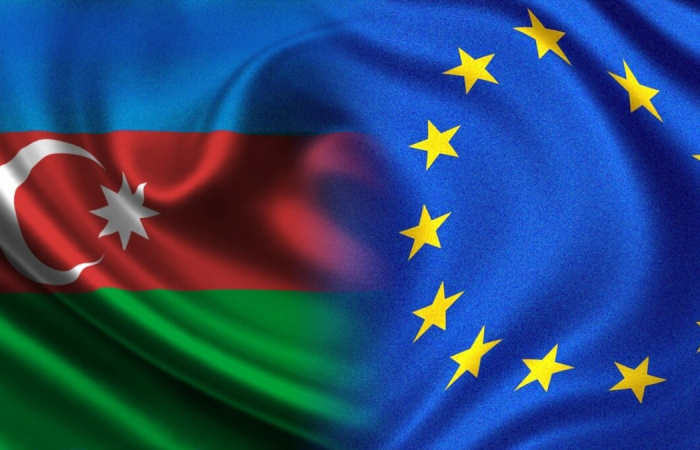Editor's choice
This is a members’ functionality. Please
Sign upNews
Trending
Busy time for Aliyev and Pashinyan at the Munich Security Conference
17 February 2024
Armenian prime minister, Nikol Pashinyan, and Azerbaijani president, Ilham Aliyev, are this weekend both attending the Munich Security Conference. On the margins of the big event the two leaders have held a series of bilateral meetings with world leaders and statesmen. Of special significance however was their own bilateral meeting, which followed a trilateral meeting hosted by the German Chancellor, Olaf Scholz.
In a short read out of the Aliyev-Pashinyan meeting, the website of the Azerbaijani president said
"Negotiations on the peace treaty between the two countries, normalization of relations, border delimitation issues were discussed at the meeting. The Ministries of Foreign Affairs were instructed to hold a meeting on the peace agreement and a meeting of the border delimitation commission soon. The mutual compromises and progress achieved during COP29 between the two countries were positively evaluated."
The website of the Armenian prime minister makes no mention of the bilateral meeting but highlights the meeting with Scholz, adding that "the process of regulating Armenia-Azerbaijan relations and steps aimed at ensuring peace and stability in the region were discussed. It was agreed to continue the work on the peace treaty."
Both Aliyev and Pashinyan have also had bilateral meetings with the German Chancellor, as well as with US Secretary of State, Antony Blinken, and OSCE Chairman-in-Office, Minister of Foreign Affairs of Malta Ian Borg.
The meetings highlight the interest of the international community to support Armenia and Azerbaijan in their quest for peace, despite on-going problems and incidents on the ground.
For Azerbaijan the meetings in Munich are also an opportunity to prepare for COP29 - the Climate Convention framework meeting which is scheduled to be held in Baku in November. Aliyev met with US Special Envoy on Climate, John Kerry, and also invited him for the Baku event.



